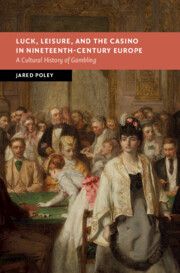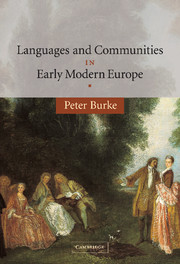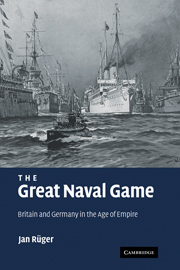Luck, Leisure, and the Casino in Nineteenth-Century Europe
Gambling was central to the cultural, social, and intellectual history of nineteenth-century Europe. By tracing the evolution of gambling and investigating the spatial qualities of the casino, this book reveals how Europeans used gambling to understand their changing world. The development of resorts and the architectural qualities of casinos demonstrate how new leisure practices, combined with revolutions in transportation and communication, fashioned resort gambling in the Rhineland and Riviera. Jared Poley explores the importance of casino gambling in people's lives, probing how gambling and fate intersected. The casino impacted understandings of the body, excited emotions, and drove the 'psychology' of the gambler, as well as affecting ideas about probability, chance, and luck. Ultimately, this book addresses the fundamental question of what gambling was for, and how it opened up opportunities to understand theories about aggression, play, and human development.
- Provides a social and cultural history of European resort casinos in the 19th century
- Gambling transcends neat conceptual borders, providing a powerful way to see change over time in multiple domains
- Traces the development of forms of mass leisure and the creation of modern tourism
Product details
April 2025Paperback
9781009393577
226 pages
229 × 152 mm
Not yet published - available from March 2025
Table of Contents
- Introduction
- 1. Gambling in the nineteenth century
- 2. Visiting the resort
- 3. Experiencing the casino
- 4. Probability and the casino
- 5. Chance and luck
- 6. Gambling and the body
- 7. Gambling and the history of emotions
- 8. The psychology of gambling
- 9. What gambling was
- Conclusion.









